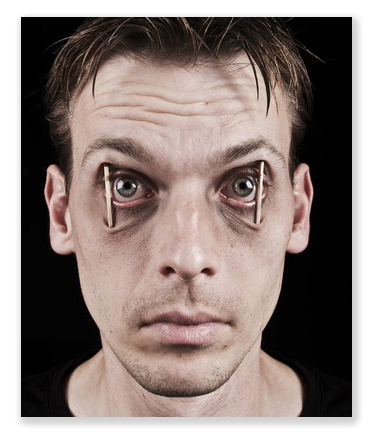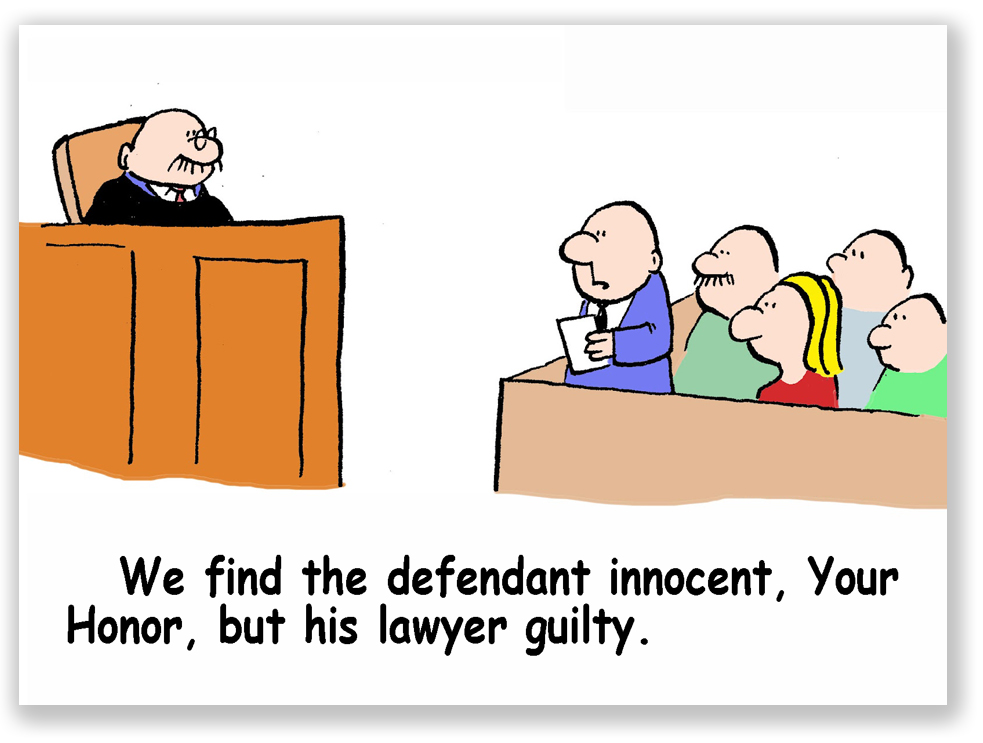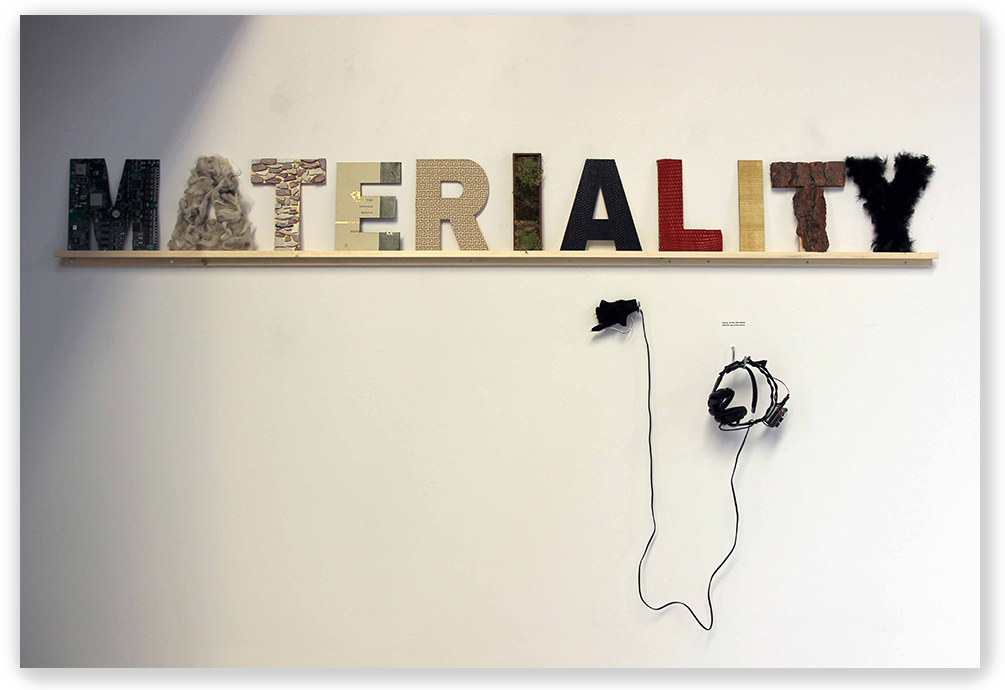We post news and comment on federal criminal justice issues, focused primarily on trial and post-conviction matters, legislative initiatives, and sentencing issues.

3rd CIRCUIT THROWS OUT § 1001 FALSE STATEMENT CONVICTION

Last week, I was picking up some prescriptions when I recalled I needed a new box of allergy pills (Claritan® knockoffs). Say what you will about voter suppression, it takes considerably less ID to vote than it does to buy these over-the-counter pills. After presenting my driver’s license (which the clerk scanned into some government meth-head database), I had to read and sign a notice that warned me darkly that if I really to use these pills in my methamphetamine lab, I would be violating 18 USC § 1001 if I represented otherwise by signing the form.
A utility infielder of a statute if ever there was one, § 1001 seems to me to be the mattress tag of federal criminal statutes. Every government form you will ever sign warns that false statements are punishable under 18 USC § 1001. The statute is often used to nail people who federal law enforcement wants to get but have no other grounds on which to proceed. A Catholic priest named in dozens of abuse complaints over the years, but whose conduct is beyond the statute of limitations? Nail him on a 1001 beef. A national security adviser who talked to the Russian ambassador before taking office (something which is hardly uncommon)? Get a couple of FBI agents to badger him until he lies about the calls, and then charge him.
Don’t get me wrong. The retired priest occupies a station in this world somewhere below what my dog deposits on the lawn every morning. And as for the former national security advisor? He’s a whack-a-doodle of the first order.
But while you can choose your friends, the U.S. Attorney gives you your defendants. And they are often scummy or whacky. One who might fit both bills was a guy named Joe Johnson. Joe was a Bill Cosby fan. Maybe too much of one. When women began suing Cosby for sexual improprieties, Joe fiercely defended his idol.
At first, the defense was all online. Finally, he inserted himself into a civil case brought against Cosby by one of the women in U.S. District Court for the Eastern District of Pennsylvania.
 Trying to discredit the woman accuser’s legal counsel, Joe filed a phony praecipe in the lawyer’s name which had attached to it what was purported to be an IRS accusing the lawyer of tax evasion. The reports of the case don’t indicate whether the IRS document was real or fake, which doesn’t really matter, because the fake part was the praecipe, which represented that the attorney himself had filed it.
Trying to discredit the woman accuser’s legal counsel, Joe filed a phony praecipe in the lawyer’s name which had attached to it what was purported to be an IRS accusing the lawyer of tax evasion. The reports of the case don’t indicate whether the IRS document was real or fake, which doesn’t really matter, because the fake part was the praecipe, which represented that the attorney himself had filed it.
As soon as the praecipe was put on the electronic docket, the lawyer whose name appeared as the filer saw the filing. Upon reading it, counsel told the court that – while the praecipe had his name on it – he had never filed it.
The praecipe was promptly stricken from the docket, and the judge asked the FBI to look into it. It did not take long for the trail to lead back to Joe, who was convicted under 18 USC § 1001 of “knowingly and willfully… mak[ing] any materially false, fictitious, or fraudulent statement or representation” in a matter within the jurisdiction of the federal government.
Establishing a § 1001 violation requires that a defendant make a false representation knowingly and willfully, that the representation was “material,” and that the representation was made relating to a matter within the jurisdiction of the federal government. Joe’s phony praecipe rang all of those bells. Save one.
Last week, the 3rd Circuit reversed Joe’s conviction, sending him home in time to eat Thanksgiving dinner and watch some Cosby Show reruns. What Joe filed, the Circuit said, was false and intentional, but it was not material.
 To be material, a false statement must have “a natural tendency to influence, or be capable of influencing, the decision of the decision-making body to which it was addressed.” The issue is whether the false statement had a “natural tendency to influence” or was “capable of influencing” the governmental decision-making body at issue. “Put differently,” the Circuit said, “materiality requires evidence showing that the false statements were of a type capable of influencing a reasonable decisionmaker.”
To be material, a false statement must have “a natural tendency to influence, or be capable of influencing, the decision of the decision-making body to which it was addressed.” The issue is whether the false statement had a “natural tendency to influence” or was “capable of influencing” the governmental decision-making body at issue. “Put differently,” the Circuit said, “materiality requires evidence showing that the false statements were of a type capable of influencing a reasonable decisionmaker.”
The Government presented general testimony from the Judge that he usually looks to the civil docket in making decisions, and of course that Joe stuck a false praecipe into it. But, the Circuit said, “this established only relevance, not materiality. The Government did not present evidence connecting Joe’s filing to a specific decision by the Judge that might have been affected by Joe’s false statement. And to form the basis of a jury’s conclusion, the Government’s evidence cannot be purely theoretical, and evidence of such a capability to influence must exceed mere metaphysical possibility.” The 3rd held that “the Government needed proof of an actual decision that could have been affected by the false praecipe.” And that proof was lacking.
United States v. Johnson, Case No. 20-1449, 2021 U.S.App. LEXIS 34920 (3d Cir., November 23, 2021)
– Thomas L. Root

